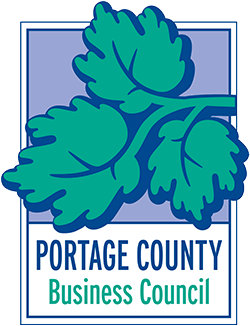“If you notice swelling around your face, eyes, or lips or symptoms like hives, nausea, vomiting, or trouble breathing, those could be signs of anaphylaxis. Call 911 right away.”
WAUSAU, Wis. – Bug bites and stings are a routine part of summer, especially during outdoor activities like hiking, gardening, or spending time in the backyard. While most cause only mild discomfort, some can lead to more serious symptoms. Aspirus Health offers practical guidance to help people treat minor bites at home and recognize when it’s time to seek medical care.
“There are many different bugs you might encounter during the summer, such as mosquitoes, bees, ticks, and spiders,” said Olivia Bishop, Aspirus Pharmacy Resident. “Each one can bite or sting in its own way, and the symptoms can vary.”
For mild reactions, simple over-the-counter treatments can provide relief.
“Hydrocortisone cream and calamine lotion are great for easing itchiness,” Bishop said. “Oral allergy medications like loratadine or cetirizine can also help, especially if the itching is widespread. Ice is useful for reducing swelling, and ibuprofen or acetaminophen can help with pain.”
In more serious cases, bug bites or stings can trigger allergic reactions that require urgent care.
“If you notice swelling around your face, eyes or lips or symptoms like hives, nausea, vomiting or trouble breathing, those could be signs of anaphylaxis,” said Bishop. “Call 911 right away. If the person has an EpiPen, help them use it immediately.”
If a bite or sting is not healing, getting worse or causing concern, contact your health care provider to determine whether you should be seen in the clinic or the emergency department.
Aspirus Health - Stevens Point Hospital & Clinics
-
Andrew Krauss Local Media Contact
- May 28, 2025
- 715-847-2780
- Send Email



